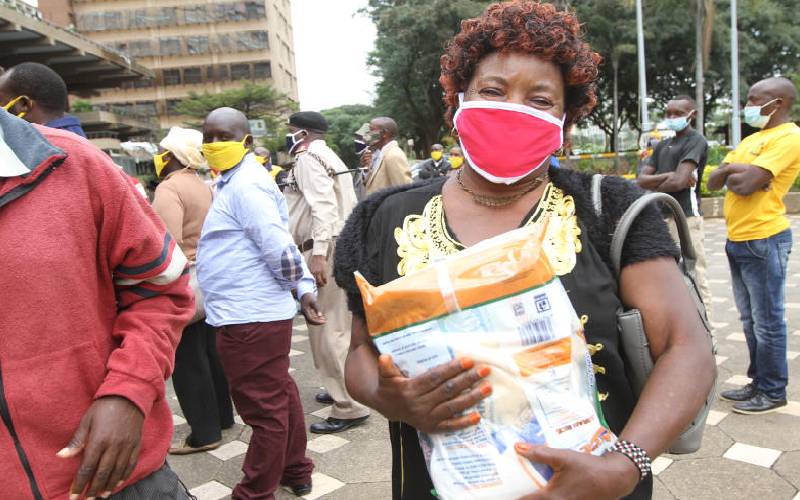×
The Standard e-Paper
Smart Minds Choose Us

The coronavirus outbreak has brought the world to a halt. Businesses have been hit hard, with many firms closing down to protect employees from the coronavirus. Global freight clearing and forwarding has been hugely and negatively impacted, leading to a decline in the economic growth of most countries.